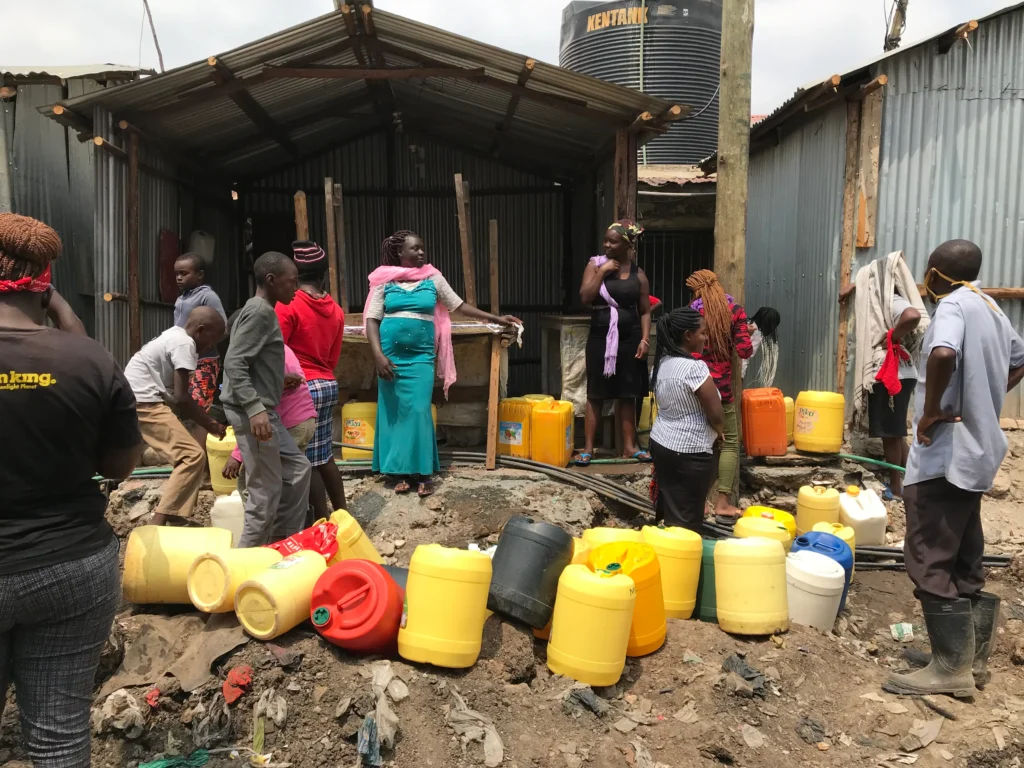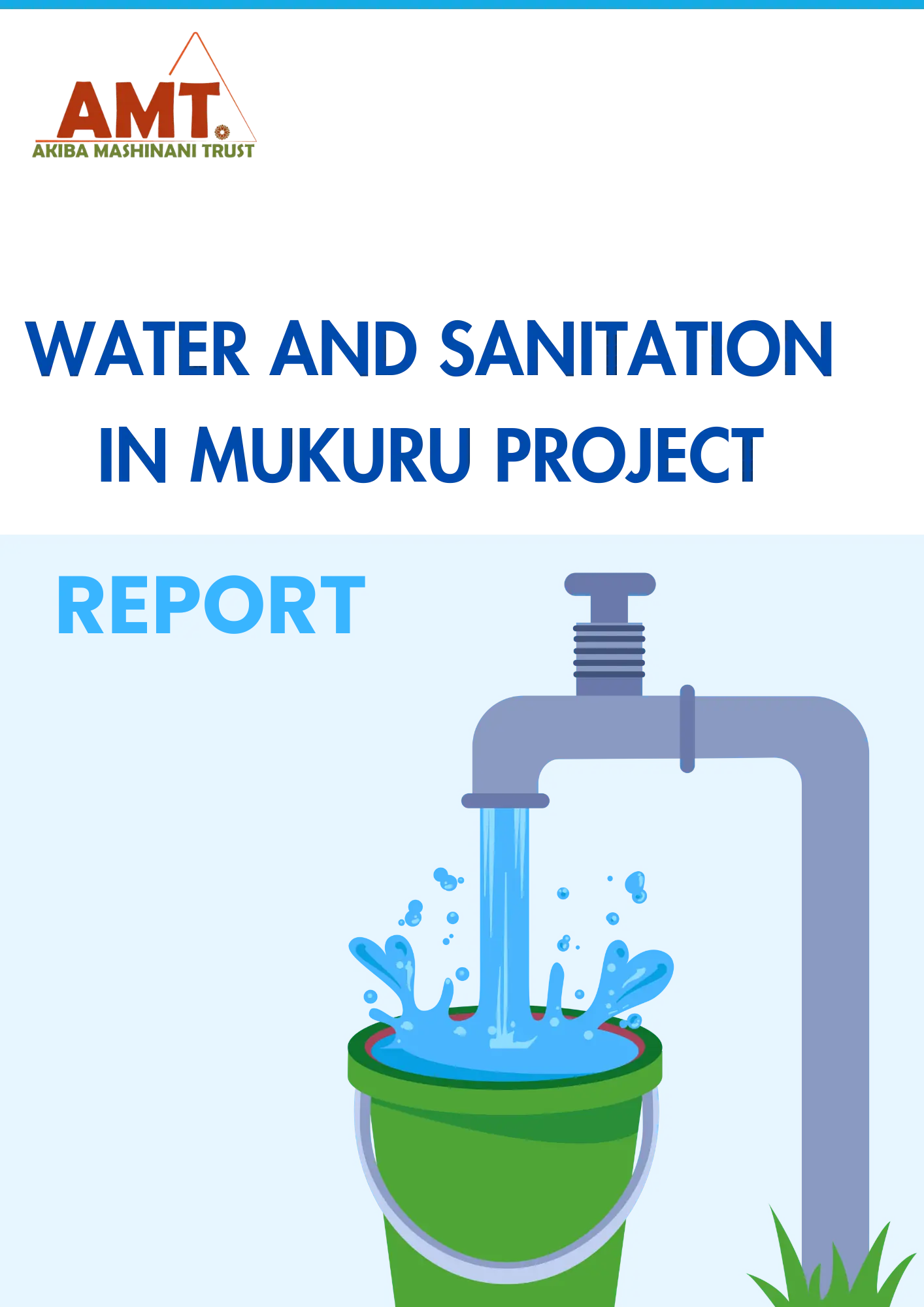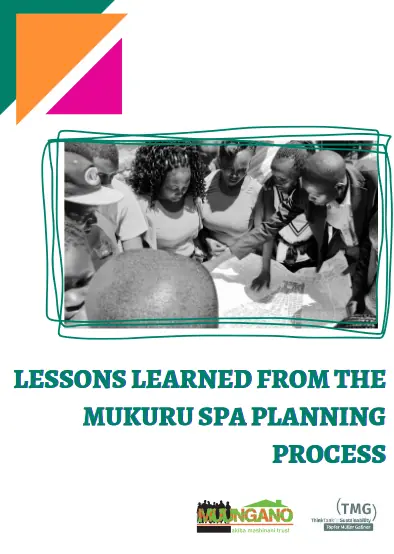Project at a glance
Partners: AMT, TMG Research
The primary aim of this project is to strengthen the organizational capacities of informal food vendors so they can advocate for improved food policies and services. In its initial phase, the project will support a Food Vendor’s Association for fresh fruit and vegetable sellers, with a view to expanding to sellers of cooked, dry, and dairy food vendors over time.
The challenge
With a population of more than 400,000 people, residents of Nairobi’s sprawling Mukuru informal settlement source their food and other basic necessities from a network of small open-air markets, food vendors and small-scale businesses. These informal market arrangements share common challenges, including a lack of essential services such as sanitation facilities, access to water, solid waste management systems, storage facilities, and security concerns, among others. In addition, traders are subject to punitive policies, accompanied by frequent harassment and displacement, which results in loss of livelihoods and further impedes access to food for vulnerable populations.
Previous research by AMT and partners highlighted the crucial role of food vendors in enhancing food accessibility for Mukuru residents. One of the main insights from the study was the need for food vendors to unite to address these challenges. In response to this recommendation, AMT and TMG Research are collaborating with a network of informal food vendors to empower them to advocate for their rights and pursue greater accountability of duty bearers.
What the project aims to do
Awareness raising: By facilitating exposure visits to approximately five food associations in Nairobi and Nakuru counties, the project aims to provide Mukuru food vendors with valuable insights into how such associations are formed and managed.
Building organizational capacities: The project will be informed by a baseline survey of existing vendor associations drawing on questions collaboratively developed with vendors, AMT, and TMG. The findings from both the exposure visits and the survey will contribute to a baseline report and a comprehensive training program to establish effective systems and structures governing the association’s operations. Additionally, the proposed platform will help reduce food procurement costs by consolidating and facilitating bulk purchases.
Transparency and accountability: To ensure long-term sustainability, the project will focus on inclusive digital tools from the outset, based on the user-friendly Chama Soft system. This will enable efficient tracking of financial contributions within the group and strengthen the competitive edge in accessing both private and public financing opportunities.
Achieving the Right to Food: Ultimately, the project aims to contribute towards a supportive regulatory framework for the informal economy in Nairobi and beyond. This will ensure more food-sensitive planning and responsiveness to the needs of food-insecure population groups.
As part of the preparatory phase, the project has begun to establish valuable links with like-minded platforms and enabling partners, such as the Nakuru County Cooperative Society Department, which is dedicated to fostering links among farmers’ cooperatives. Furthermore, we will explore potential partnerships with institutions offering affordable food for resale, such as Soko Fresh or Food Banking Kenya.



